Trending Article
Oracle Unveils Revolutionary AI-Powered Electronic Health Record System
On Tuesday, Oracle made waves in the healthcare sector by announcing a groundbreaking new electronic health record (EHR) system, marked by its innovative use of cloud technology and artificial intelligence.

This launch represents Oracle’s most significant update since its acquisition of Cerner, a major player in medical records management, for a staggering $28 billion in 2022.
The new EHR aims not only to enhance Oracle’s position in a fiercely competitive market but also to address longstanding issues faced by healthcare providers.
The Significance of Electronic Health Records
Electronic health records serve as digital repositories for patients’ medical histories, continuously updated by healthcare professionals. While they have become indispensable in modern healthcare, many EHR systems are criticized for being cumbersome and complex. These challenges can hinder clinicians’ ability to provide timely and efficient care, making it essential for EHR systems to evolve to meet the needs of healthcare providers.
Oracle’s latest offering is designed to streamline the user experience, making it significantly easier for clinicians to navigate and utilize. By integrating advanced AI capabilities, Oracle aims to transform the EHR landscape, enabling healthcare professionals to focus more on patient care and less on administrative tasks.
A User-Centric Approach to EHR Design
One of the standout features of Oracle’s new EHR is its intuitive design, which eliminates traditional menus and drop-down screens. Instead, doctors can access patient information simply by asking questions using their voices. Seema Verma, Oracle’s executive vice president and general manager of Oracle Health and Life Sciences, likened the AI functionality to having a personal resident, enhancing the clinician’s ability to retrieve information quickly and efficiently.
“This isn’t just about being a digital scribe or an assistant,” Verma explained. “It’s about rethinking how healthcare providers access and interact with patient data.”
The new system is browser-based, ensuring accessibility across various devices. When doctors log in, they are greeted with a straightforward interface that features a search bar and a chronological list of appointments. This simplicity allows physicians to efficiently manage their schedules and access relevant patient data without navigating through multiple layers of menus.
Voice Activation and AI-Driven Insights
The integration of voice activation represents a significant leap forward in user experience. Physicians can simply click on a microphone icon within the search bar and pose questions such as, “How many new patients do I have scheduled for today?” or “What is my patient load like?” The system responds with AI-generated answers in a matter of seconds, drastically reducing the time spent sifting through records.
Suhas Uliyar, Oracle’s senior vice president for product management in clinical and healthcare AI, demonstrated the functionality during a virtual presentation, showcasing how a doctor might interact with the system to prepare for a busy day of patient visits. The AI-generated summaries offer a quick overview of patient histories, highlighting any recent changes, medications, lab results, and vital signs.
Uliyar emphasized that the AI capabilities extend beyond simple queries. For instance, physicians can ask specific patient-related questions, such as whether a patient has a history of anxiety or has received certain vaccinations. “The AI delves through the entire medical history and provides specific answers,” he noted. “It eliminates the need to scroll through numerous documents.”
Adaptive Learning for Enhanced Efficiency
One of the most compelling features of Oracle’s EHR is its ability to learn from user interactions. As physicians engage with the system, the AI adapts to their specific habits, such as the types of medications they frequently prescribe. This adaptive learning ensures that the system becomes increasingly attuned to individual clinician preferences over time.
Even if a physician stumbles over their words or doesn’t phrase a question perfectly, the system remains robust enough to retrieve the desired information. This level of flexibility is crucial in a high-pressure healthcare environment where every second counts.
Ensuring Accuracy and Reliability
While AI-driven responses can greatly enhance efficiency, Oracle recognizes the importance of maintaining accuracy. Physicians have the option to verify AI-generated answers by clicking on citations linked to the original patient records. This feature allows healthcare providers to double-check critical information, such as medication dosages and clinical guidelines, by referencing validated databases.
As Oracle rolls out its new EHR, it is simultaneously enhancing features for existing Cerner customers. Uliyar pointed out that many of the new functionalities, including the Oracle Health Clinical AI Agent, are already embedded in the system. This AI tool automates much of the documentation burden placed on healthcare providers, allowing them to record patient visits by simply speaking into their devices.
The Clinical AI Agent: Streamlining Documentation
The Clinical AI Agent is designed to revolutionize the way clinicians handle documentation. Physicians can use a mobile app to record patient visits, and once they stop recording, the AI automatically generates clinical notes based on the conversation. This innovation eliminates the need for doctors to manually transcribe notes, freeing them to focus more on patient care.
Currently, around 70 healthcare organizations are already using the Clinical AI Agent, and Oracle is in the process of developing a similar tool tailored for nurses. By embedding this tool within the new EHR, Oracle aims to simplify the transition for existing customers, ensuring they don’t face integration challenges.
Preparing for Market Disruption
Oracle’s new EHR is set to enter an early adopter program in the coming year, during which the company will work closely with healthcare providers to customize the system to their specific needs. As Oracle transitions its healthcare customers to the cloud, the implementation process for the new EHR should be smoother and more efficient.
Verma expressed confidence in the disruptive potential of Oracle’s new EHR, stating, “We see it as very disruptive to the market. Our EHR is going to solve a lot of long-standing problems that we’ve faced in healthcare.”
Competitive Landscape and Market Positioning
The timing of Oracle’s announcement comes as the EHR market remains fiercely competitive. Despite its significant acquisition of Cerner, Oracle has struggled to gain a foothold, suffering its largest net hospital loss on record in 2023. In contrast, Epic Systems, its primary rival, has seen an increase in market share, solidifying its position as the leader in the acute care sector.
In fiscal 2023, Cerner contributed $5.9 billion to Oracle’s total revenue, while Epic generated $4.9 billion. These figures underscore the high stakes involved in the EHR market and the urgency for Oracle to deliver a compelling product that can attract new clients and retain existing ones.
The new EHR is not built on top of Cerner’s existing infrastructure, a decision Verma explained by likening it to renovating a house with crumbling infrastructure. “You wouldn’t build something new on top of a weak foundation,” she said. This decision means that current Cerner customers will need to evaluate whether they want to migrate to the new system, presenting both a challenge and an opportunity for Oracle.
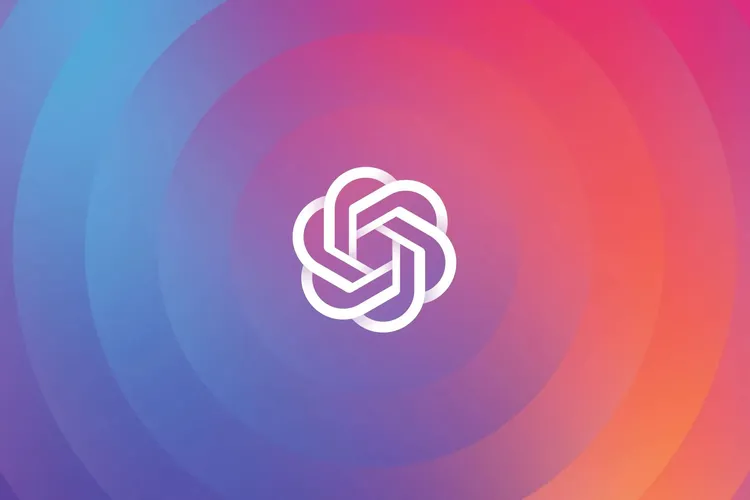
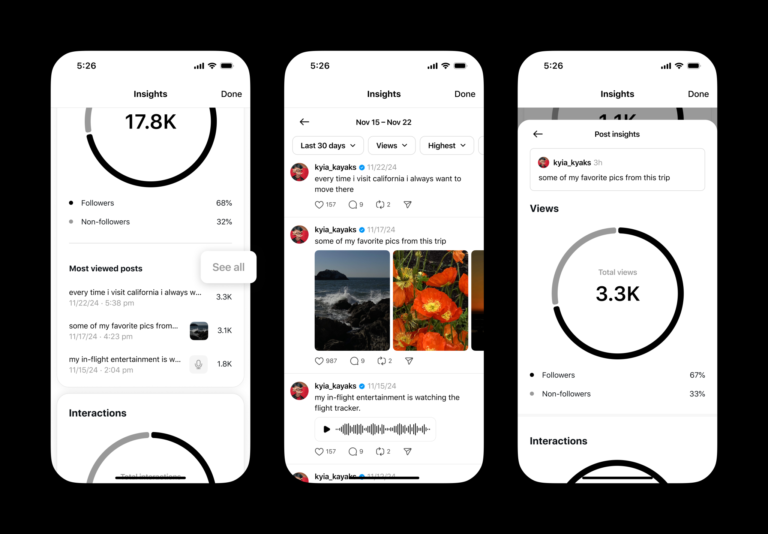

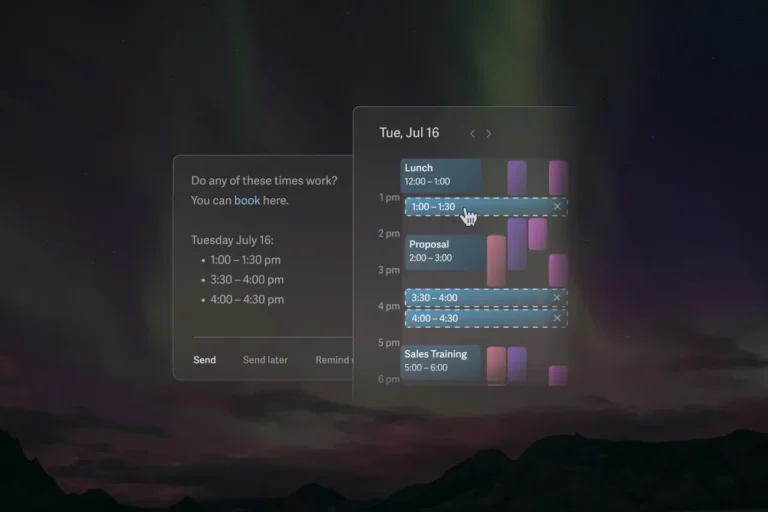
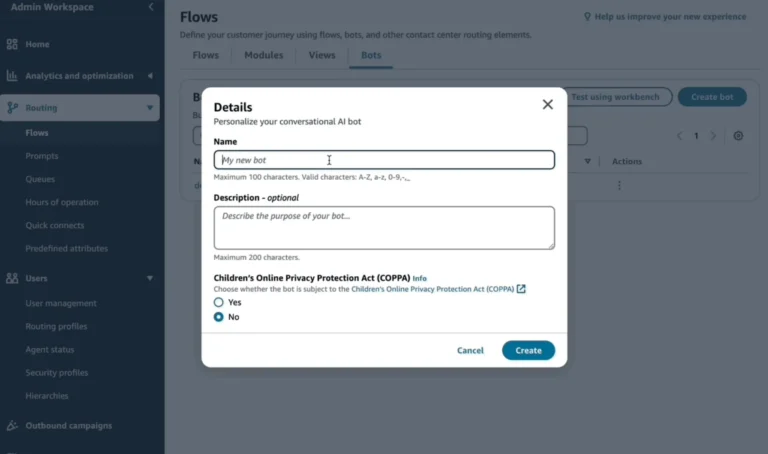


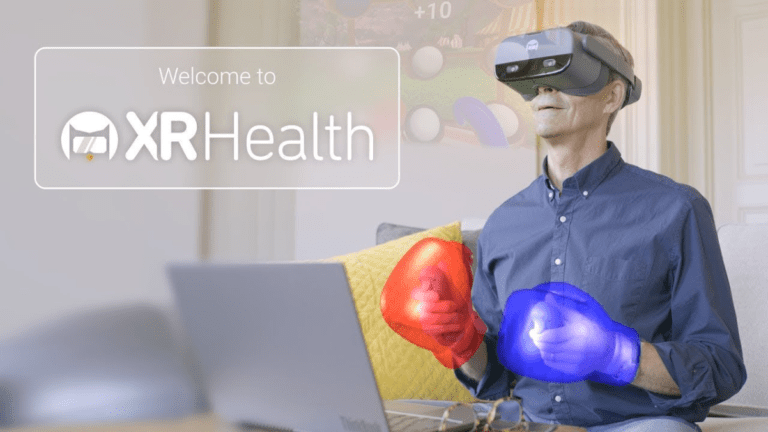




Pingback: Apple Unveils The New MacBook Pro With M4 Family Chips
Pingback: Nothing Unveils The Community Edition Project
Pingback: Xiaomi Unveils The Xiaomi 15 Pro